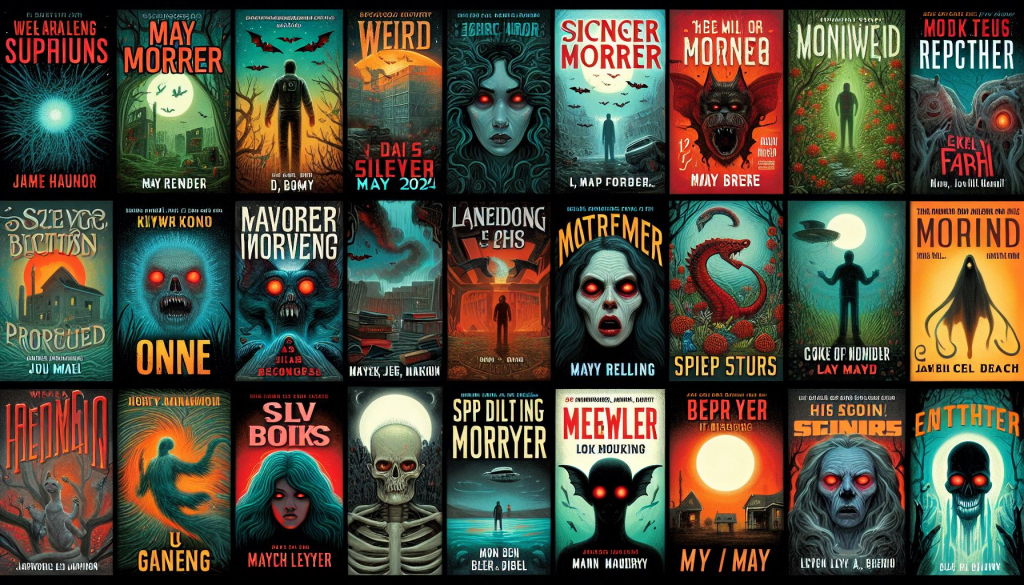In the “Book of Job,” man’s relationship to the divine is represented as completely separate entities with a fine line dividing human thought and Divine nature. Divinity is presented as a necessary force to be reckoned with, that preserves balance in the world, and brings to the plate a sense of eternal wisdom.
This is not meant to attack or defend any pious debate, but simply a view of the Book of Job from a rhetorical lens.
God is also very challenging, and we witness this when Yahweh asks Job, “Who dares speak darkly words with no sense.” The Divine will always question humanity, but humanity should not dare to question the Divine. Job is known as “The greatest man of the East,” but his thought and knowledge are no match for the Divine mind who scolds Job, “Speak if you have any wisdom.”
Job is curious about why his life is going askew since he is always doing good. Therefore he believes it is within his right to question his creator. Once his creator responds, Job then realizes how pety his ideals are in comparison to those of Divine authority. Humans are expected to be imperfect, flawed, and easily tempted, “man was born to trouble.”
Divinity in the Book of Job
Another theme that the text makes clear is the Divine authorities control over nature and balance – there is good and then there’s bad. It is believed that if one is just and good, then they will live long and happy. But if the person is evil and wicked, then they will die young and live in distress. Since God is very powerful, and must keep balance, he is also known to reward, and he does so towards those who demonstrate power, whether it be in the physical sense or the mental/character display.
What Job learns in the end is that God is not bound to the standard of justice. He does as he pleases. But since the Divine represents balance, God is also forgiving with morals, and we see this when Yahweh rewards Job at the end for having taken back his challenge to the gods, and showing respect once more for the divine out of the fear and power that Yahweh instills in his speech to Job.
In this text, humans are represented as mere pawns in this world, always at the disposal of the divine.
A rhetorical reading from Willy Martinez, notes pulled from a response to reading the “Book of Job,” back in 2010.






Leave a Reply